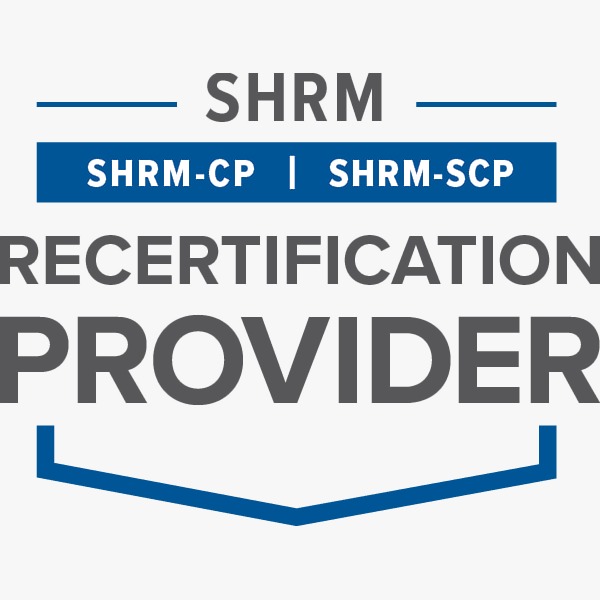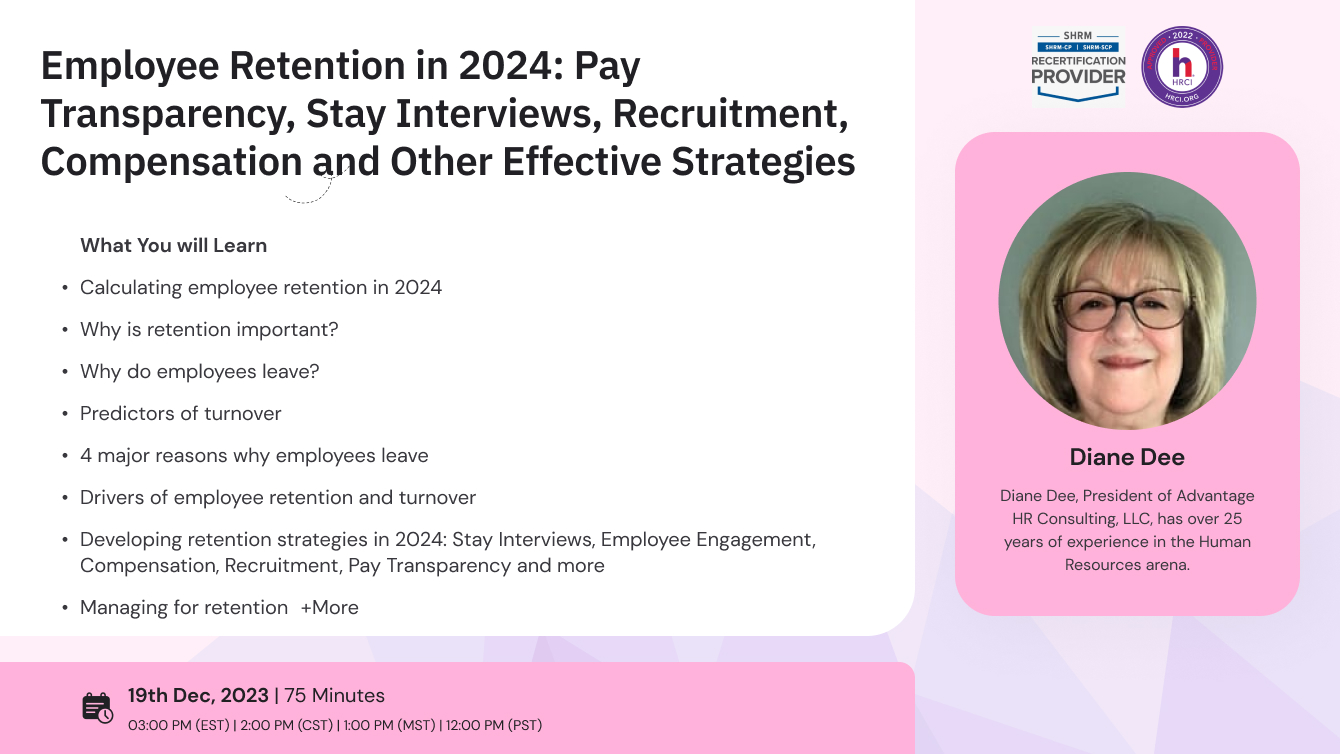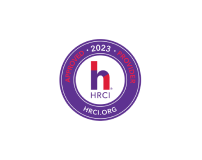How to Retain Your Employees in 2024
It’s every manager’s nightmare: One of your best employees turns in their resignation out of the blue. You now have a number of challenges to manage on top of your daily responsibilities. Not only do you have to find a replacement for the valued employee, but you must also consider the impact the departure will have on the rest of your staff. Additionally, employee departures usually result in current employees having to pick up the responsibilities of the departing employee resulting in employee frustration and lowered morale.
The bottom line is: It’s more efficient to retain a qualified employee than to recruit, train and orient a replacement employee of the same quality. Good retention starts at the time you hire an employee and continues throughout the employee life cycle.
What You will Learn
- Calculating employee retention in 2024
- Why is retention important?
- Why do employees leave?
- Predictors of turnover
- 4 major reasons why employees leave
- Drivers of employee retention and turnover
- Developing retention strategies in 2024: Stay Interviews, Employee Engagement, Compensation, Recruitment, Pay Transparency and more
- Managing for retention
- Turnover myths
Why You Should Attend
Whenever an employee walks out the door, employees notice. Some will even start wondering if they should start looking for a new job, too. The impact of employee turnover goes beyond just dollars. If your organization is constantly recruiting due to high employee turnover, you’re stuck in a cycle of hiring instead of engaging and encouraging your high performers. That’s why employee retention and employee job satisfaction should be high on every organization’s list of priorities.
Some strategies employers can use to retain employees include conducting stay interviews, fostering pay transparency, increasing employee engagement and smart onboarding, among others.
You will also learn why employees leave and what steps an organization can take to develop an effective retention program.
Who will Benefit
- Senior Leadership
- Human Resource Professionals
- Managers and Supervisors
- Team Leaders
- Operations Professionals
- Compensation Professionals
- Recruiting Professionals
- Compliance Professionals
- Employees

Diane L. Dee
Diane holds a Master Certificate in Human Resources from Cornell University’s School of Industrial and Labor Relations and has attained SPHR, SHRM-SCP, sHRBP, and HRPM® certification.
Diane is a member of the National Association of Women Business Owners and the Society for Human Resource Management. Additionally, Diane performs pro bono work through the Taproot Foundation, assisting non-profit clients by integrating their Human Resources goals with their corporate strategies.

SHRM -
StandEagle is recognized by SHRM to offer Professional Development Credits (PDCs) for the SHRM-CPSM or SHRM-SCPSM. This program is valid for 1.25 PDCs for the SHRM-CPSM or SHRM-SCPSM. For more information about certification or recertification, please visit - portal.shrm.org.

HRCI -
This webinar has been approved for 1.25 HR (General) re-certification credit hours toward California, GPHR, HRBP, HRMP, PHR, and SPHR recertification through the HR Certification Institute.
The use of this seal is not an endorsement by the HR Certification Institute of the quality of the activity. It means that this activity has met the HR Certification Institute’s criteria to be pre-approved for re-certification credit.

ACCREDITATIONS


